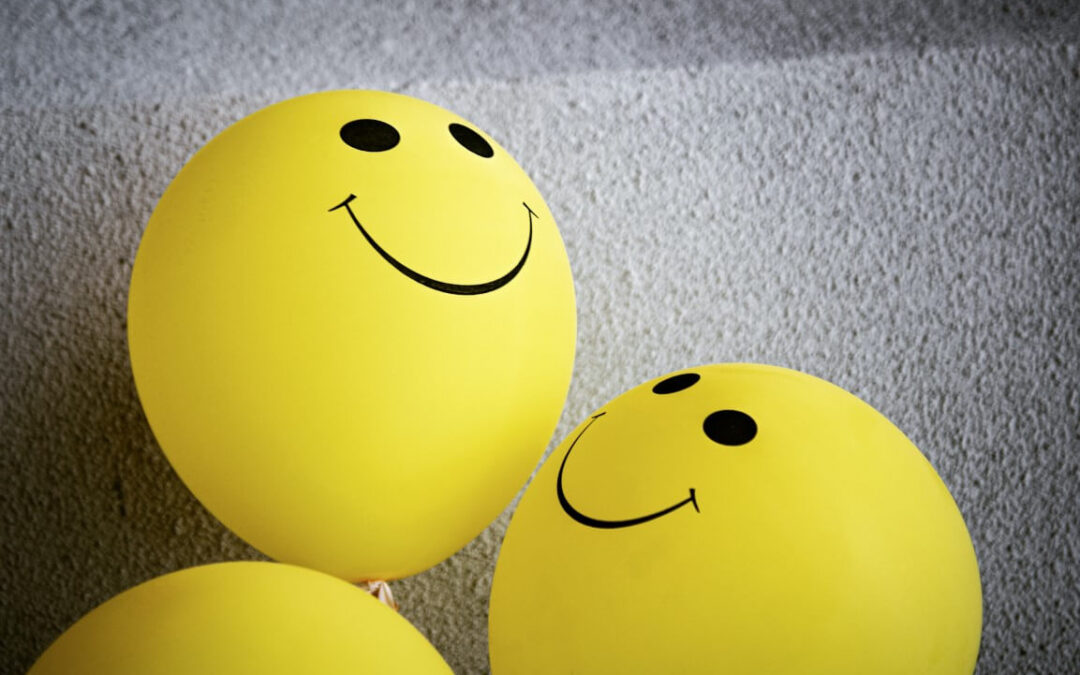Mental Health Awareness week is upon us once more and the theme this year is loneliness. Most of us have felt lonely at some point in our lives. However when loneliness becomes chronic, it can have an impact on our mental health beyond what many of us might expect.
The impact of loneliness
Some research suggests that loneliness is associated with an increased risk of certain mental health problems, including depression, anxiety, low self-esteem, sleep problems and increased stress. It has even been shown to increase the risk of serious physical ailments such as cardiovascular disease and stroke.
Profound disconnection
Loneliness can make people feel profoundly disconnected from the world and other people. It can leave you feeling utterly overwhelmed, isolated and trapped. But one of the cruelest features of loneliness is that it even disconnects you from your own body and emotions.
Loneliness and other mental health conditions
This is made even more challenging when loneliness is experienced alongside other mental health conditions such as depression and anxiety. In these cases there is often an internal conflict between a part that craves connection and another one that perceives connection as a threat. Consequently individuals suffering with anxiety or depression often feel the need to retreat from human contact in an effort to protect themselves. They feel unable to reach out for support or connection at a time when it is so desperately required.
Living in the depths of loneliness can make you feel numb and empty. Coming out of loneliness involves reconnecting both to yourself and to others.
Expert thoughts
Khody Damestani, co-founder of mental fitness company, MyMindPal, has these recommendations.
“Connection is a biological imperative. We all need relationships in our lives in order to survive in this world. Loneliness is a profound disconnection from the self and others. Exercises that we have developed in the app such as breathing and progressive muscular relaxation can help you to reconnect to your body. However it is also important to nurture and strengthen our relationships with others. Making the effort to form meaningful connections with others is vital even if at times it feels very uncomfortable or difficult to do so”.









